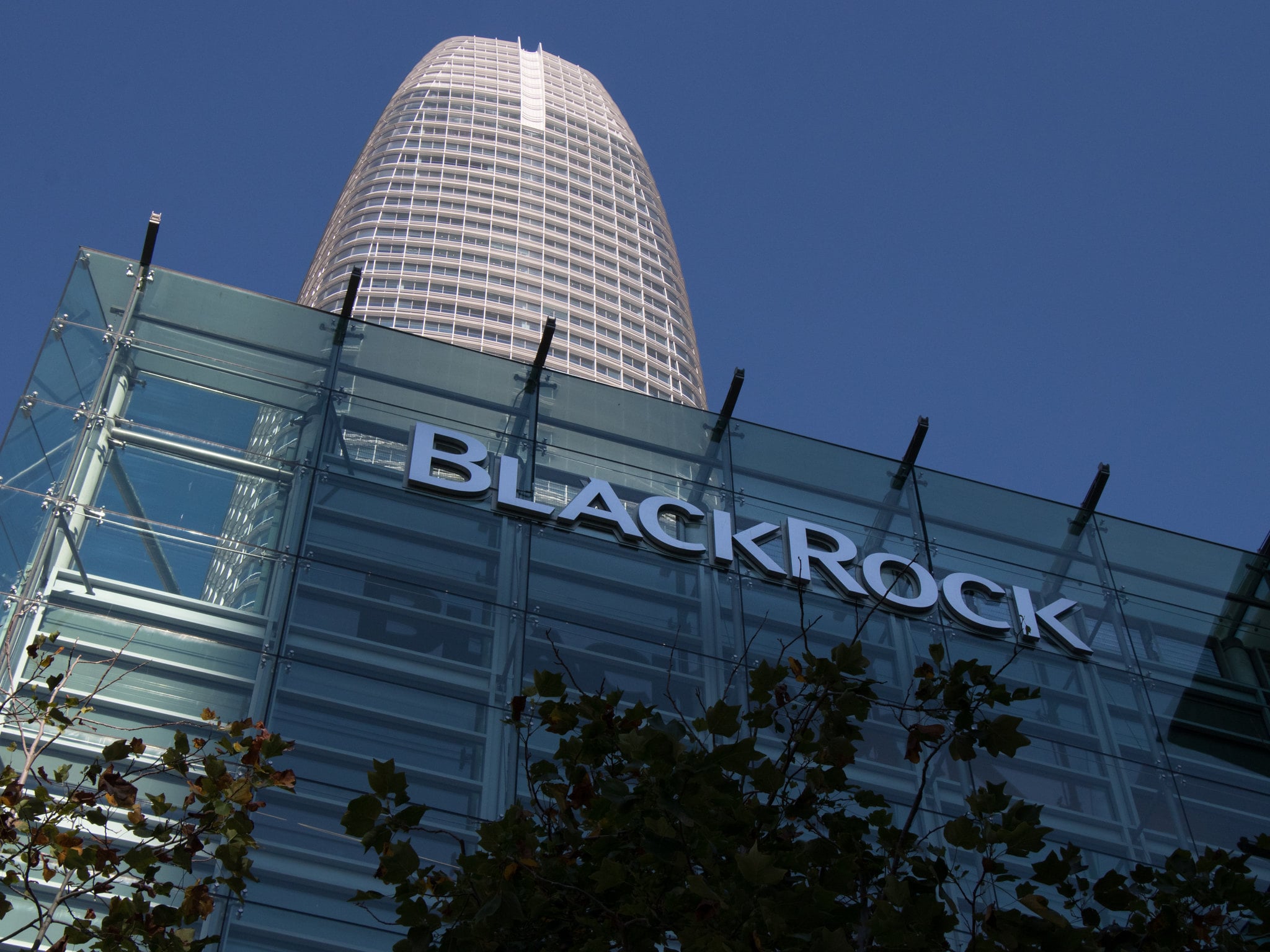
Key Takeaways
- Maryland, Iowa, and Kentucky introduce Bitcoin reserve bills.
- Kentucky's bill allows up to 10% of excess state funds in Bitcoin.
- Iowa caps Bitcoin investments at 5% of available public funds.
Lawmakers in Maryland, Iowa, and Kentucky have introduced bills to establish Bitcoin (BTC) strategic reserves, bringing the total number of U.S. states considering similar measures to 17.
These proposals aim to incorporate Bitcoin into state financial policies.
Kentucky’s Bitcoin investment plan
Kentucky’s House Bill 376, introduced by Representative TJ Roberts, seeks to expand the state’s investment options for excess funds.
The bill amends State Investment Commission regulations to allow investments in assets such as Bitcoin, U.S. government-backed obligations, and collateralized certificates of deposit.
Investment requirements
Only Bitcoin qualifies under the bill’s requirement that digital assets must have a market capitalization exceeding $750 billion over the past year.
The legislation caps Bitcoin investments at 10% of the state’s excess cash and permits state agencies to accept payments in digital assets and bullion while prohibiting central bank digital currencies (CBDCs).
Retirement fund integration
Additionally, Kentucky’s bill enables state retirement funds and deferred compensation plans to invest in Bitcoin exchange-traded products.
Maryland’s proposal
Maryland’s House Bill 1389, introduced by Representative Caylin Young, proposes creating the Maryland Bitcoin Reserve Fund.
This initiative would allow the state treasurer to invest proceeds from gambling violation penalties into Bitcoin.
Iowa’s approach
Meanwhile, Iowa’s House File 246, introduced by Representative Taylor Collins, permits the State Treasurer to invest in precious metals and digital assets with a market cap exceeding $750 billion, which currently includes only Bitcoin.
The bill limits digital asset investments to 5% of available public funds.
These legislative efforts reflect a growing trend of U.S. states exploring Bitcoin as part of their financial strategies.




